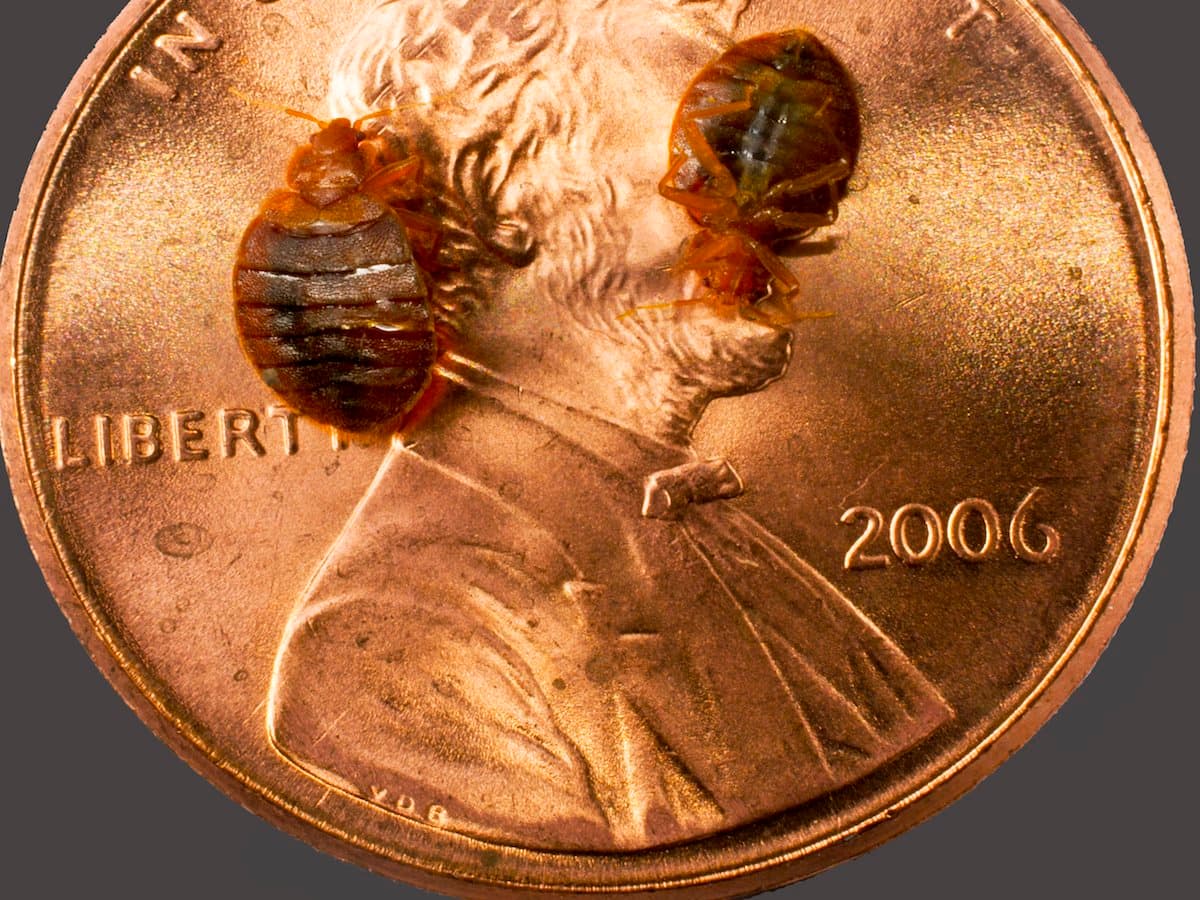Comprehending the Lifecycle of Insects for Targeted Control Techniques
Recognizing the lifecycle of bugs is an essential element of reliable bug monitoring methods. By comprehending the various phases of development that bugs undergo, a much more precise and targeted approach can be taken on to regulate their populaces. This knowledge not just clarifies the susceptabilities within the pest lifecycle but likewise leads the way for applying calculated steps that can interrupt their growth and reproduction cycles. With a much deeper understanding of exactly how parasites thrive and progress, customized control techniques can be developed to resolve certain points in their lifecycle, inevitably resulting in more effective parasite administration outcomes.
Significance of Understanding Bug Lifecycle
Recognizing the lifecycle of parasites is crucial for establishing efficient and targeted control strategies in pest administration. By comprehending the different stages a parasite goes through from egg to grownup, bug control specialists can identify vulnerable points in the lifecycle where intervention can be most successful.
Furthermore, identifying the particular environmental problems necessary for each and every stage of the pest's lifecycle can guide choices on environment alteration or exemption techniques to minimize and interfere with the lifecycle insect populaces. This understanding makes it possible for pest administration specialists to apply aggressive actions rather than depending only on responsive therapies, causing even more sustainable and lasting parasite control options. Eventually, a detailed understanding of bug lifecycles empowers parasite control specialists to customize their techniques efficiently, lessening environmental influences and making the most of control end results.
Trick Stages in Pest Growth
To efficiently carry out targeted control techniques in insect monitoring, an important element depends on comprehensively determining and comprehending the key phases in pest advancement. Parasite development typically consists of numerous vital phases that are important for their lifecycle and management. The very first phase is the egg phase, where pests lay eggs that later hatch into larvae. Larvae after that progress right into pupae, a stage where they undergo metamorphosis prior to arising as adult parasites. Recognizing these stages is essential as it helps in pinpointing weak spots in the lifecycle where control steps can be most efficient.

Susceptabilities in Bug Lifecycle
Throughout the numerous stages of an insect's lifecycle, distinct vulnerabilities arise that can be purposefully targeted for efficient control procedures (A1 bed bug extermination houston). One essential vulnerability exists in the egg stage, where insects are typically more susceptible to certain insecticides or organic control agents due to their soft outer covering, making them simpler targets for treatment. Understanding Find Out More these susceptabilities in the bug lifecycle is vital for developing accurate and reliable control approaches that efficiently take care of insect populations while reducing ecological effect.
Implementing Targeted Control Actions

Executing targeted control actions usually includes a multi-faceted strategy. This may consist of environment adjustment to make the environment much less congenial to bugs, such as removing standing water for insect control or sealing entrance points for rodents. Furthermore, organic Learn More Here control methods can be used, where all-natural killers or virus are introduced to keep insect populaces in check.
Integrated Parasite Management (IPM) strategies that incorporate numerous control measures in a worked with and sustainable fashion are typically the most reliable in attaining lasting bug management objectives. By implementing targeted control actions based on a detailed understanding of parasite lifecycles, parasite populations can be efficiently controlled while reducing dangers to human health and the environment.
Improved Pest Administration Practices

Moreover, the unification of biological control representatives, such as all-natural predators or pathogens of insects, can help in reducing reliance on chemical pesticides and advertise an extra balanced ecological community. Applying physical barriers and catches can additionally be part of enhanced insect administration practices, using non-toxic and targeted solutions for pest control. Additionally, making use of scents and various other semiochemicals can interfere with pest mating patterns and communication, causing lowered pest populations in time.
Final Thought
In verdict, recognizing the lifecycle of insects is vital for reliable parasite management techniques. By determining crucial phases in pest advancement and susceptabilities in their lifecycle, targeted control procedures can be implemented to decrease insect populations. Enhanced bug management practices can help in reducing the dependence on broad-spectrum chemicals click site and promote more sustainable and eco-friendly bug control techniques. This understanding plays a vital duty in keeping healthy and balanced ecological communities and farming productivity.
Understanding the lifecycle of pests is necessary for establishing efficient and targeted control strategies in pest monitoring. By understanding the different stages a bug goes through from egg to grownup, parasite control experts can identify at risk factors in the lifecycle where intervention can be most effective. Ultimately, a complete understanding of bug lifecycles equips parasite control professionals to tailor their approaches efficiently, maximizing and minimizing ecological influences control end results.
By applying targeted control actions based on a complete understanding of parasite lifecycles, pest populaces can be effectively managed while decreasing risks to human health and wellness and the setting.
By identifying vital phases in pest advancement and susceptabilities in their lifecycle, targeted control actions can be executed to lessen bug populaces.
Comments on “Specialist A1 Bed Bug Exterminator in Houston - Effective Solutions”